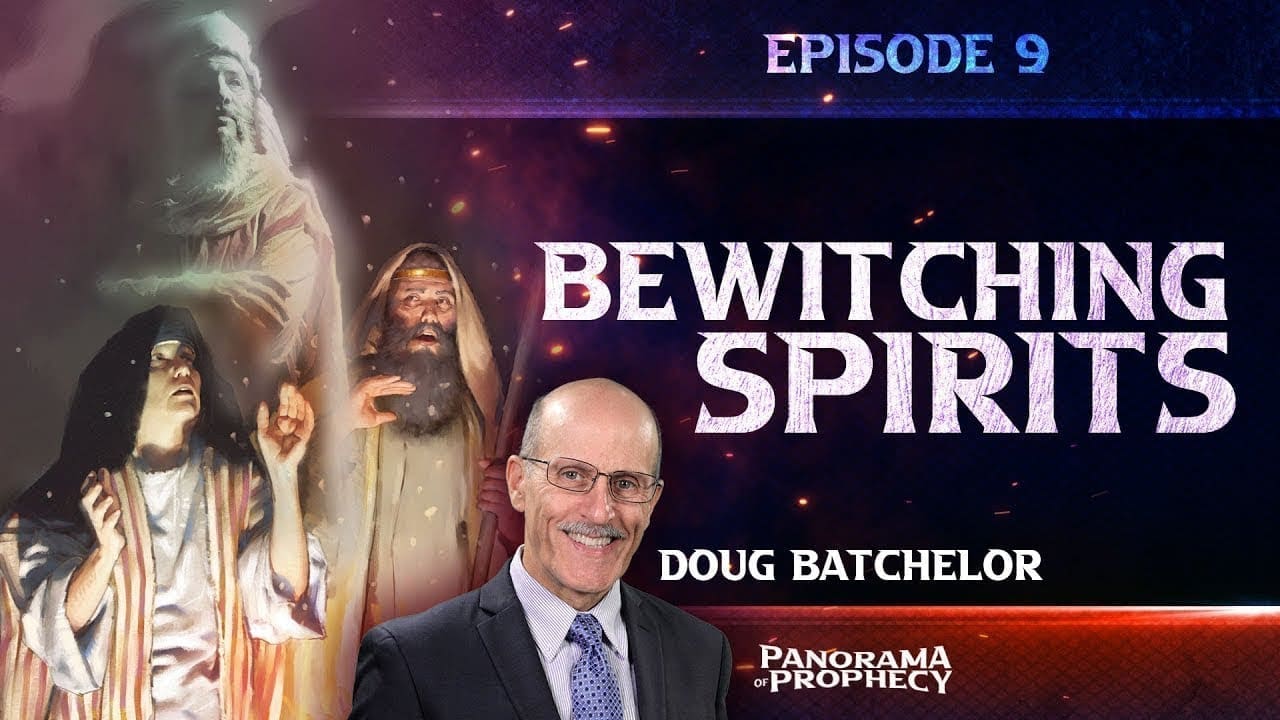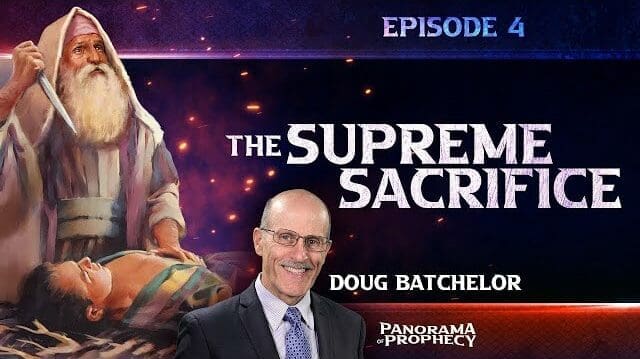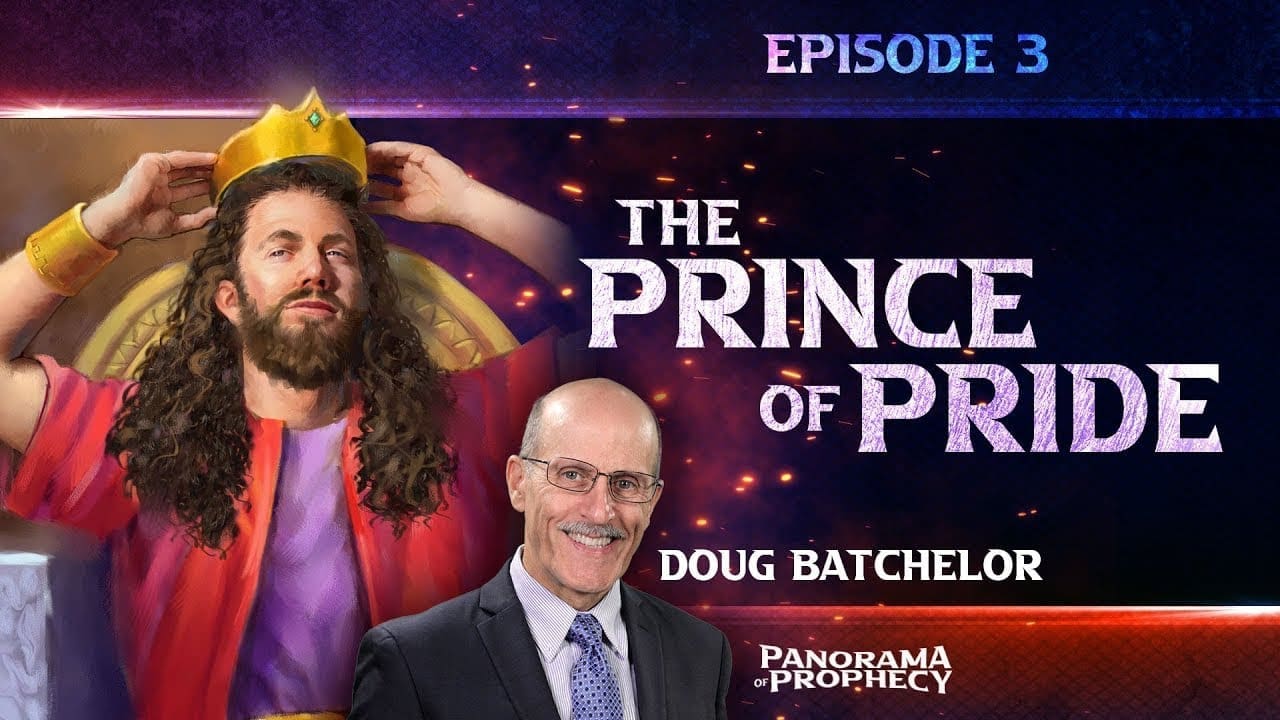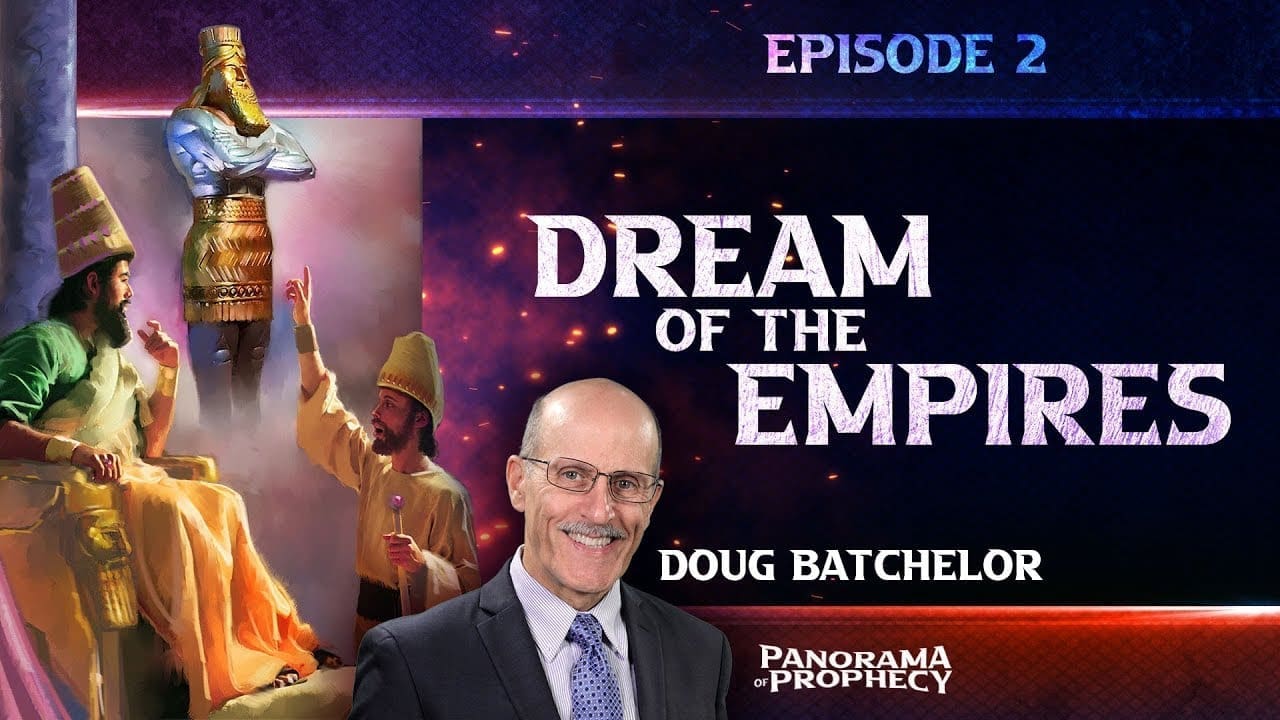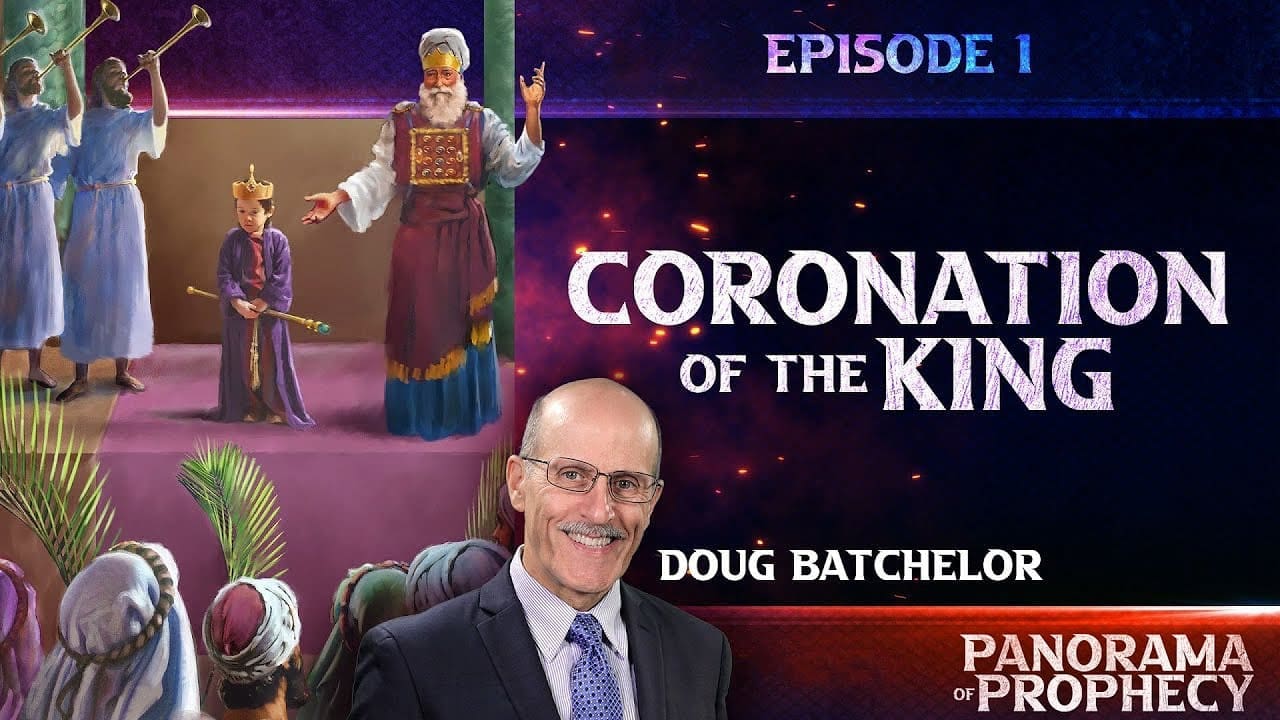The passage in question is Luke 23:43, where Jesus speaks to the thief on the cross, saying, “Assuredly, I say to you, today you will be with Me in Paradise.” This verse has led many to believe that they will go to heaven immediately after death. It seems to suggest that both Jesus and the thief would be in paradise that very day, the day of their deaths. It’s understandable why this can be confusing.
To understand this verse correctly, let’s look at another passage in John 20, which takes place on resurrection Sunday. Mary Magdalene finds the empty tomb and encounters Jesus, mistaking Him for the gardener. When she realizes it’s Jesus, she moves to embrace Him. His response in verse 17 gives us important insight into death and the afterlife. Jesus says, “Do not cling to Me, for I have not yet ascended to My Father; but go to My brethren and say to them, I am ascending to My Father and your Father, and to My God and your God.’ ””
Did you catch that? According to Jesus Himself, He had not yet gone to heaven on the day He died. Even on Sunday morning, He had not ascended to heaven. This means that Jesus could not have been telling the thief that they would be in heaven together that very day. It would be a lie.
So, how do we understand the text in Luke 23?
The issue lies with the placement of the comma. As it is currently written, the verse suggests that both men would be in heaven on Friday. However, if we move the comma one word to the right, the meaning changes:
“Jesus said to him, ‘Assuredly, I say to you today, you will be with Me in Paradise.'”
By placing the comma after the word “today,” it clarifies that Jesus was speaking to the thief on that day and assuring him of paradise in the future. It’s important to note that phrases like “I tell you this day…” are commonly used in the Bible (see examples in Deuteronomy 7:11, 8:1, 9:3, 10:13, 13:18, and 15:5).
Now, you might wonder if it’s appropriate to make this change to the Bible. In reality, the original Greek manuscript did not have punctuation at all! The commas, periods, quotation marks, and spaces between words were added by translators over time. Considering the other biblical evidence, it becomes clear that the comma, which was not part of the original inspired writing, was misplaced by a translator and copied by others afterward.
Christ did not go to heaven at His death because He rested in the grave on the Sabbath. Similarly, the repentant thief also entered the sleep of death and is waiting for Jesus Christ’s return along with the other sleeping saints.









